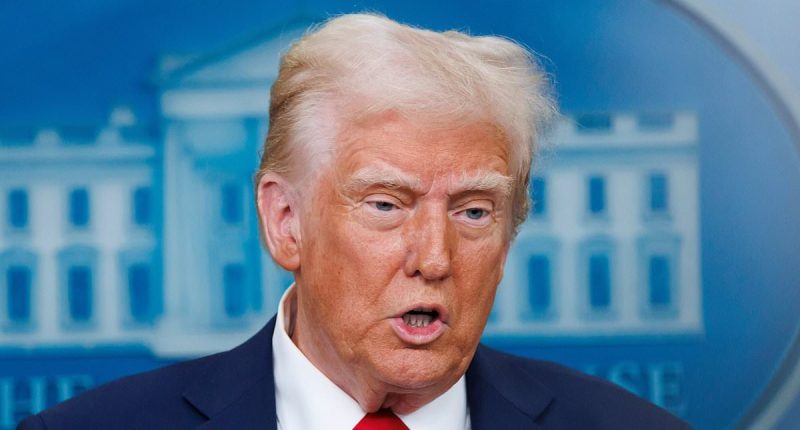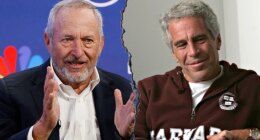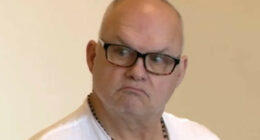Share this @internewscast.com
The return of NatWest, the bank formerly known as RBS, to the private sector, has more symbolic than practical significance.
The sale of the final remnant will not have much impact in the real world of customers, staff and the banking industry more widely.
Even so, the final exit of the long-suffering British taxpayer after 17 years – and at a hefty £10billion loss – is a good moment for reflection.
Paul Thwaite, the current chief executive, was a relatively junior figure 17 years ago, when the bank came close to going under and taking the entire UK financial system with it.
Along with other executives of his generation who began their careers back then, his mindset has been formed by that traumatic experience. Banks, and bankers, are different beasts now.
The light touch regulation of the pre-crisis era has been replaced by rules that arguably are too restrictive. There is little trace of the arrogance of former RBS boss Fred Goodwin, Adam Applegarth at Northern Rock and their Wall Street counterparts in the bank CEOs of today.

Talking tough: Donald Trump’s spells in the White House are one of the consequences of the 2008 financial crisis
They are considerably more boring – in a good way.
The political backdrop is also very different now, though sadly, not necessarily in such a good way.
One can trace a line directly from the crisis to the rise of populist leaders on the Left and Right.
Disaffection, mistrust and contempt for institutions have become an ingrained feature of the political landscape and this has culminated in the re-election of Donald Trump. In the years running up to 2008, the belief was that capitalism had triumphed over communism with the fall of the Iron and the Bamboo curtains.
Globalisation – the free flow of money, trade and people – seemed to be lifting millions of people out of abject poverty.
Some communities, including in the rust belt of the US where Trump has won over voters, were being left behind. Cheap credit, including sub-prime mortgages, appeared to be papering over a lot of those cracks.
The events of 2008 damaged confidence in experts of all sorts, in elected officials, regulators and institutions.
One can draw a line from the debt disasters that hit European nations, including Greece, Spain, Italy and Ireland, to the Brexit referendum.
Back in the day, US presidents George W Bush and Barack Obama were at least trying to stabilise the situation rather than throwing petrol on the flames.
In the UK, Gordon Brown, a man who may well be judged far more kindly by history than he was at the time, hosted the G20 summit in London in 2009.
Many view this gathering, where world leaders pledged to improve financial regulation and to make more than $1trillion available to support the global economy, as a turning point.
Central banks flooded economies with emergency cash through Quantitative Easing to keep the system afloat – a necessary measure at the time, though it went on far too long.
Wall Street titan Jamie Dimon, then as now the chief executive of JP Morgan, provided a cool head and calm leadership.
Dimon, still a towering figure, has been warning Trump about his tariff plans and confrontational foreign agenda.
Unfortunately, Trump looks more likely to be the cause of the next crisis than its solution.
At the time of the crisis, there were fears the global financial system would implode.
That apocalyptic scenario was avoided, but we are still living with the consequences of 2008. Trump is one of them.
DIY INVESTING PLATFORMS
AJ Bell

AJ Bell
Easy investing and ready-made portfolios
Hargreaves Lansdown

Hargreaves Lansdown
Free fund dealing and investment ideas
interactive investor

interactive investor
Flat-fee investing from £4.99 per month
InvestEngine

InvestEngine
Account and trading fee-free ETF investing
Trading 212
Trading 212
Free share dealing and no account fee
Affiliate links: If you take out a product This is Money may earn a commission. These deals are chosen by our editorial team, as we think they are worth highlighting. This does not affect our editorial independence.
Compare the best investing account for you










